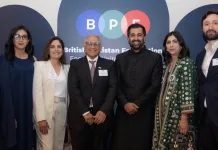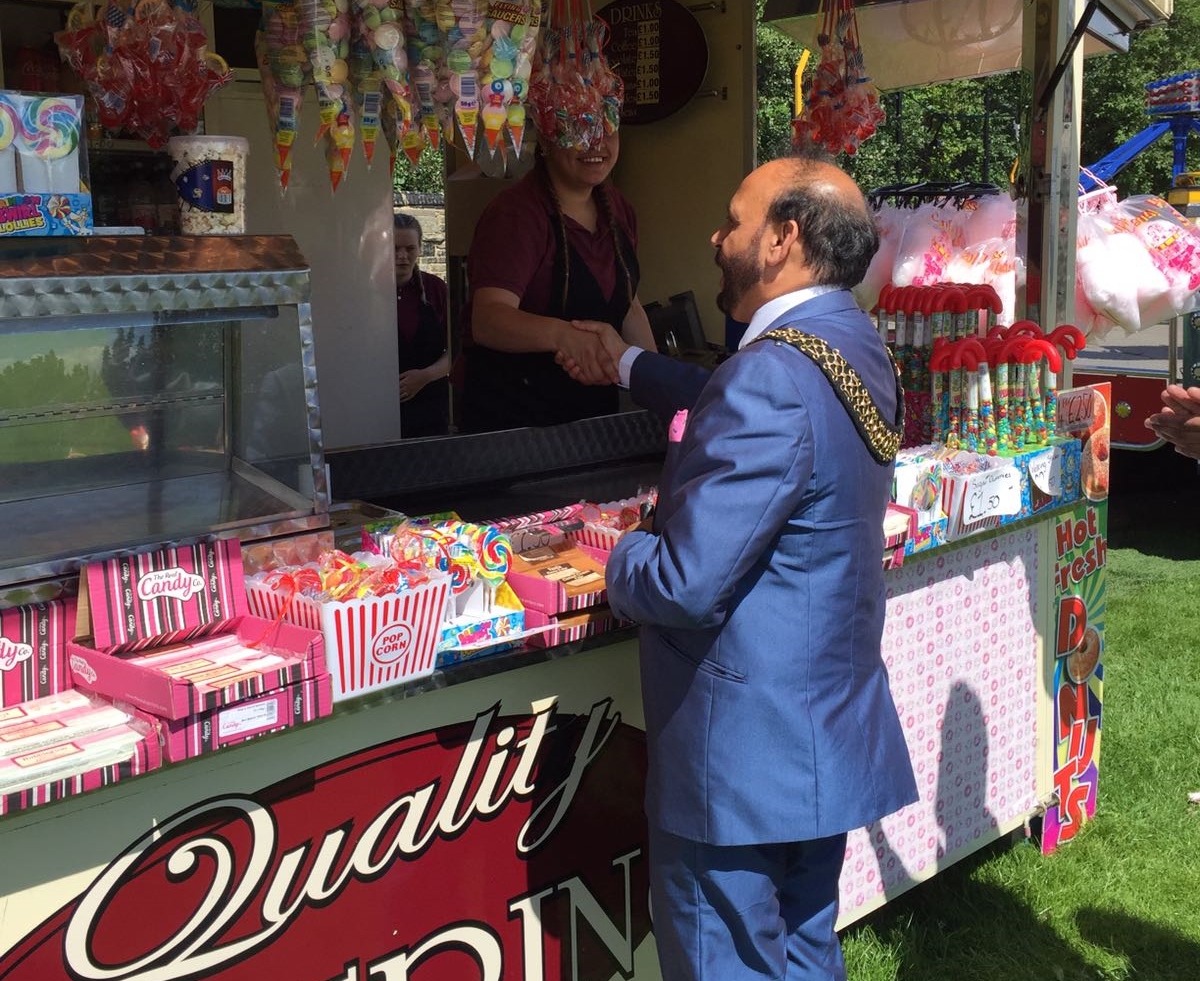Two major pharmacy chains, Lloyds Pharmacy and Well Pharmacy, are working with Professor Mahendra Patel of the University of Bradford to mitigate the Covid-19 risk to their black, Asian and minority ethnic (BAME) staff.
Professor Patel, who is Honorary Visiting Professor in the Faculty of Life Sciences and also a member of the Royal Pharmaceutical Society’s English Pharmacy Board, has years of experience working with different BAME communities around health inequalities.
Recent reports from Public Health England and others have highlighted how BAME communities face an increasing risk of catching Covid-19 and dying from the disease. Professor Patel is supporting Lloyds Pharmacy UK and Well Pharmacy in exploring ways to improve access to their healthcare services amongst BAME communities during the pandemic.
Professor Patel has been active on this issue since the start of the crisis. As a UK-born pharmacist of Hindu faith, Professor Patel has been doing extensive outreach work to highlight important health messages to BAME communities in Yorkshire and beyond, in languages other than English, including Gujarati, Hindi/Urdu.
Working through eight mosques within Dewsbury and Batley, he was able to reach out to more than 40,000 Muslim members via a video conference Q&A session through Zoom, partly relayed in Gujarati. He has delivered important health messages and information around Covid-19 through various television and radio stations, including a faith TV channel aimed at a largely Sikh audience with over 60,000 viewers, and regional ITV and news programmes.
Professor Patel said: “We have known about the health inequalities faced by BAME communities for decades but they have been laid bare by the current crisis. However, the very scale of this crisis also means we have a once in a lifetime opportunity to actually overturn these inequalities with a vengeance.
“BAME communities tend to underreport illness and are less likely to be involved in health research studies. We need to support these communities to come forward with confidence, through targeted messaging that works with, not against, religious, cultural and behavioural attitudes and linguistic divides.
“We need to know more about the interplay between the virus and genetic, cultural, behavioural and societal differences in different BAME groups, to understand why they are disproportionately affected















